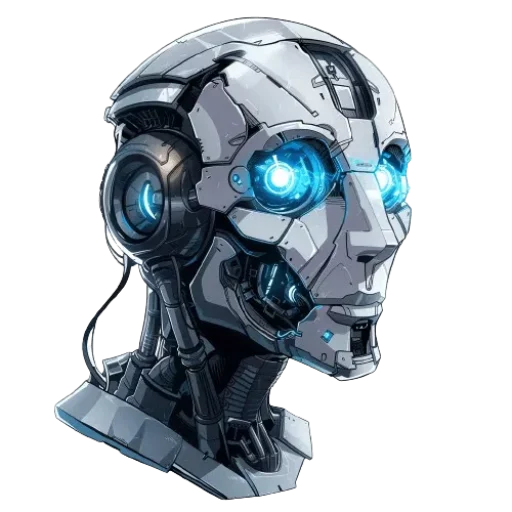Key findings
GenAI is poised to enhance the role of transportation engineers by automating routine tasks like data analysis and system optimization.
It will streamline decision-making processes by summarizing and retrieving large volumes of information efficiently.
While it won’t transform the work entirely, it will augment skills such as critical thinking and judgment, allowing professionals to focus on complex problem-solving and strategic decision-making.
GenAI’s impact will extend the ongoing automation of administrative tasks, enabling engineers to devote more time to tasks that require human creativity and expertise.
How could AI or automation replace or complement job activities?
Artificial intelligence, automation, or language learning models could potentially enhance certain aspects of the work of transportation engineers.
For example, they could assist in analyzing traffic data, optimizing traffic flow, or developing transportation-related software.
However, these technologies may not fully replace the human expertise required for tasks such as designing sustainable transportation systems, ensuring compliance with environmental regulations, or supervising construction projects.
Ultimately, the role of transportation engineers in planning, designing, and overseeing transportation systems remains essential for ensuring safety, efficiency, and compliance with engineering standards.
Job description
Developing plans for surface transportation projects, following engineering standards and government policies. Creating designs, specifications, or cost estimates for transportation facilities. Planning changes to streets, highways, or freeways to improve traffic flow.



0 Comments